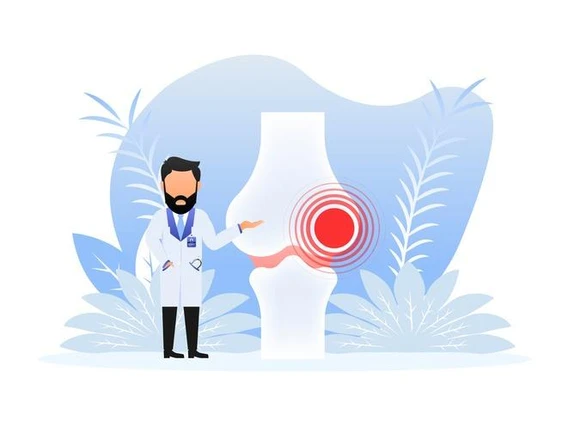Does Running Cause Knee Osteoarthritis?
The relationship between running and knee osteoarthritis is a topic of ongoing research and

debate among medical professionals. Historically, there has been a concern that the repetitive impact and stress on the knee joint during running could contribute to the development of osteoarthritis. However, more recent studies have provided a more nuanced understanding of this relationship.
Several factors need to be considered:
1. Intensity and Duration: High-impact activities, such as long-distance running or running on hard surfaces, may potentially increase the risk of knee osteoarthritis. However, moderate running on softer surfaces may not have the same impact.
2. Individual Variation: People vary in terms of their anatomy, biomechanics, and genetic factors. Some individuals may be more susceptible to developing knee osteoarthritis due to a combination of these factors, while others may not experience any negative effects from running.
3. Proper Technique and Footwear: Running with improper technique or inadequate footwear can increase the stress on the knees. Using appropriate running shoes and maintaining good running form may help reduce the impact on the joints.
4. Previous Injuries: Individuals with a history of knee injuries may be at a higher risk of developing osteoarthritis. Running without proper rehabilitation after an injury can contribute to this risk.
5. Weight Management: Excess body weight is a known risk factor for osteoarthritis. Running can be beneficial for weight management, but excessive weight combined with high-impact running may increase the load on the knee joints.
It’s important to note that many runners do not develop knee osteoarthritis, and running can have
numerous health benefits, including cardiovascular fitness, weight management, and mental well being.
Ultimately, the relationship between running and knee osteoarthritis is complex and varies from person to person. If you have concerns about the impact of running on your joints, it’s advisable to consult with a healthcare professional or a sports medicine specialist who can provide personalized advice based on your health, fitness level, and individual risk factors.


















